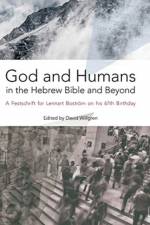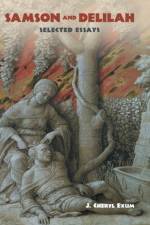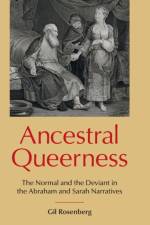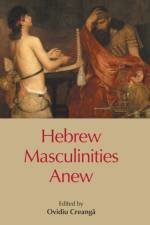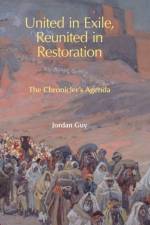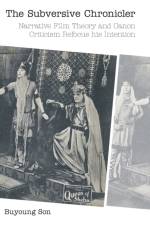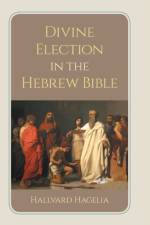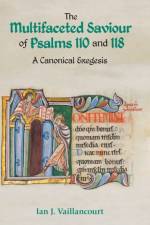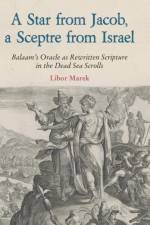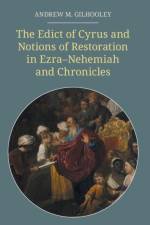- The Chronicler's Agenda
av Jordan Guy
699
The books of 1-2 Chronicles, though ostensibly a history work recounting the past, is in reality a challenge to its fourth-century Jewish audience in Babylonia to make a vital decision about their future. They are presented with the choice of remaining in exile, where they have been born, or of uprooting themselves and travelling to their ancestral but unknown land.By introducing unique accounts of exile, such as that of the Reubenite leader Beerah (1 Chron. 5), and by reinterpreting familiar accounts of forced migration, such as the Babylonian exile of 'all Israel', the Chronicler reveals the current state of Israel in exile. As he looks into the future, he inserts pleas for restoration on the lips of Hebrew heroes such as David and Hezekiah, along with stories of transformation, like Manasseh's return from humiliating captivity, to educate his readers about their role in completing the process of restoration for all Israel.Since the exile meant Jerusalem's reduction, the end of the Davidic monarchy, and the scattering of tribal Israel, restoration would mean 'all Israel' reunited in Jerusalem under the levitical priesthood in worship at the rebuilt temple. Cyrus's decree, inspired by Yahweh, had commanded that all God's people 'go up', but Second Temple Israel had stalled somewhere between exile and restoration. Therefore, the Chronicler urges all Diaspora Israel to return home.Previous studies of the exile-restoration theme in segments of Chronicles (mainly 2 Chron. 36) and in Chronicles-Ezra-Nehemiah have led to the distorted view that the Chronicler is proclaiming victory over exile. Heard on his own terms, the Chronicler is rather dissatisfied with Israel's current state of restoration, optimistic that reunion in Jerusalem will conclude the exile, and adamant that 'all Israel' must take responsibility for the nation's sin and judgment-and restoration.

